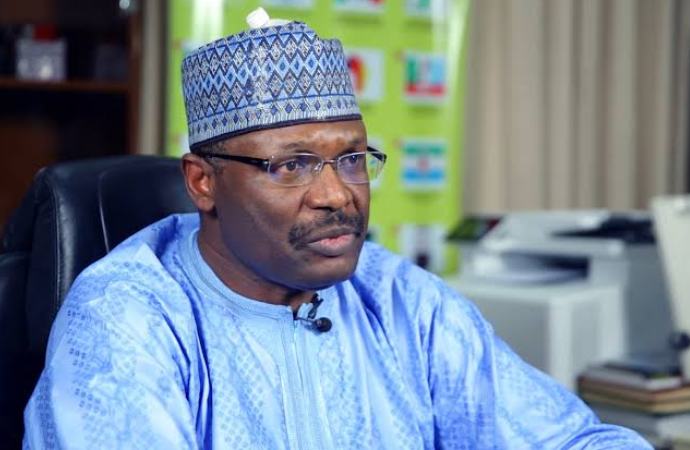In a groundbreaking announcement, Professor Mahmood Yakubu, the Chairman of the Independent National Electoral Commission (INEC), revealed that the commission has generated a comprehensive set of 142 recommendations to revolutionize the electoral process in Nigeria.
This momentous development was disclosed during the commencement of a two-day induction retreat for Resident Electoral Commissioners (RECs) in Lagos.
Highlighting the significance of these recommendations, Yakubu emphasized that the report on the review of the 2023 elections has already been published and is readily available on the INEC website.
However, he further added that the outcomes of the retreats and engagements with various stakeholders are currently being compiled and will soon be made public.
The 142 recommendations encompass a wide spectrum of reforms aimed at enhancing the electoral process in Nigeria. While the majority of these reforms can be implemented through administrative actions by INEC, some necessitate the involvement of security agencies.
Additionally, certain recommendations call for amendments to the electoral legal frameworks by the National Assembly, while others require the active participation of political parties and other stakeholders.

Yakubu urged Nigerians to exercise patience as the final report is being prepared. Once concluded, INEC will engage with the public, sharing the comprehensive report and soliciting valuable input from citizens.
Underlining the commitment of INEC to uphold democratic values, Yakubu emphasized that elections in Nigeria are no longer confined to a specific season but are conducted round the clock.
Since the inauguration of the National and State Assembly in 2023, INEC has successfully conducted nine by-elections. However, there are still five pending by-elections to be conducted before the eagerly anticipated 2027 general elections.
This monumental step taken by INEC signals a transformative era for Nigerian democracy. With the forthcoming implementation of the comprehensive reforms, the electoral landscape is set to undergo a radical shift, ensuring a more transparent, inclusive, and participatory electoral process for all Nigerians.




